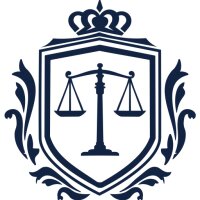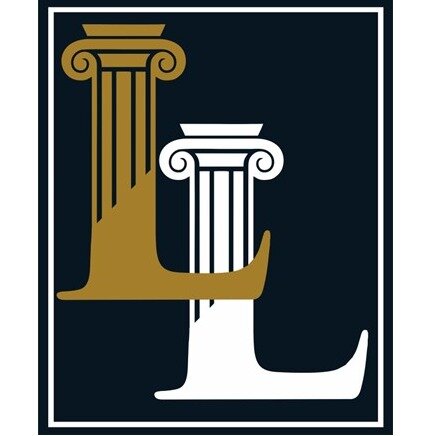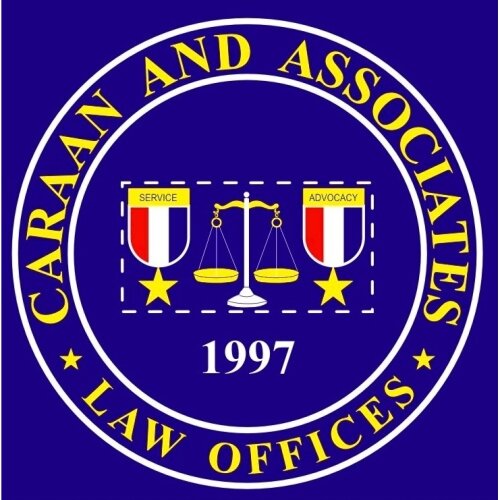Best Energy Regulatory Law Lawyers in Manila
Share your needs with us, get contacted by law firms.
Free. Takes 2 min.
List of the best lawyers in Manila, Philippines
About Energy Regulatory Law in Manila, Philippines
Energy Regulatory Law in Manila, Philippines governs the generation, transmission, distribution, and supply of electricity and other forms of energy in the country. This area of law ensures the fair regulation, distribution, and pricing of energy, safeguarding both consumer interests and the viability of energy providers. Oversight is primarily handled by government agencies such as the Energy Regulatory Commission (ERC) and the Department of Energy (DOE), who enforce guidelines, standards, and dispute resolution mechanisms. Energy Regulatory Law is essential for supporting sustainable development, ensuring stable energy supply, and encouraging investments in the sector, all within the framework of public interest and national economic policies.
Why You May Need a Lawyer
Legal expertise in Energy Regulatory Law can be crucial in several scenarios:
- Resolving disputes between consumers and energy providers regarding billing, service interruptions, or tariffs
- Complying with licensing and permitting requirements for energy-related businesses, such as power plants or distribution utilities
- Navigating regulatory audits, investigations, or compliance reviews by government agencies
- Entering into power purchase or energy supply contracts
- Participating in public consultations or hearings involving rate adjustments or new energy projects
- Advising on renewable energy projects, incentives, and grid integration
- Representing parties before the ERC, DOE, or courts in administrative or judicial proceedings
- Addressing issues arising from the implementation of new energy laws and policies
A legal professional can help clarify regulatory obligations, protect your interests, and provide effective representation in dealings with authorities and other stakeholders.
Local Laws Overview
Key aspects of Energy Regulatory Law in Manila are based on national statutes and related implementing rules. Among the most important are:
- Electric Power Industry Reform Act of 2001 (EPIRA, Republic Act No. 9136): This law restructured the electricity sector by privatizing generation and fostering competition while introducing new regulatory structures for transmission and distribution.
- Energy Regulatory Commission (ERC) Rules: The ERC is the primary body regulating rates, approving supply agreements, and resolving disputes.
- Renewable Energy Act of 2008 (Republic Act No. 9513): Provides incentives and guidelines for renewable energy investments, including net metering and feed-in tariffs.
- Distribution Services and Open Access: Sets out consumer rights to choose providers where open access applies and mandates service providers’ obligations.
- Licensing and Permitting: All energy companies must secure licenses to operate, ensuring compliance with technical, environmental, and financial requirements.
- Consumer Rights and Protection: There are mechanisms to protect consumers, ensure fairness in pricing, and resolve complaints swiftly.
Because evolving technology and policies constantly shape the sector, staying informed about the latest regulatory updates is important for all stakeholders.
Frequently Asked Questions
What is the Energy Regulatory Commission (ERC) and what does it do?
The ERC is an independent regulatory body that oversees the electricity sector, regulates rates, licenses energy providers, monitors compliance, and resolves disputes between consumers and energy companies.
How does the EPIRA Law affect me as a consumer?
EPIRA introduced competition in electricity generation and mandated the unbundling of power rates. It also provided more protection for consumers and allowed retail competition in some areas.
Can I install solar panels and sell electricity back to the grid?
Yes. Under the Renewable Energy Act, consumers can participate in net metering, which allows you to offset your consumption by exporting surplus electricity to the grid, subject to compliance with distribution utility requirements.
What should I do if I receive an unusually high electricity bill?
First, verify the accuracy of your bill. If discrepancies or suspected errors persist, formally file a complaint with your service provider. If unresolved, escalate the issue to the ERC or seek legal advice.
What licenses do I need to operate an energy-related business?
Businesses involved in energy generation, transmission, distribution, or supply need specific licenses from the ERC and relevant government agencies, depending on their activity.
What happens when there is a power outage or service interruption?
Service providers are required to maintain reliable service. You may file a complaint with your utility company. If the issue persists, seek help from the ERC or a legal professional.
How are electricity rates determined?
Rates are regulated by the ERC, which reviews rate applications submitted by distribution utilities and generators to ensure these reflect reasonable costs and are fair to consumers.
How does the law protect vulnerable consumers?
There are “Lifeline Rates” and other mechanisms in place to offer discounted rates or protection for low-income or marginalized groups, as mandated by law and implemented by the ERC.
Is it legal to directly buy electricity from suppliers other than the local utility?
In certain areas where retail competition and open access have been implemented, qualified consumers may choose their electricity supplier, subject to rules set by the ERC.
How can a lawyer assist with renewable energy investments?
A lawyer can help in understanding incentives, securing permits, negotiating power supply agreements, ensuring environmental compliance, and representing you before regulatory agencies.
Additional Resources
To stay informed and get assistance, consider reaching out to:
- Energy Regulatory Commission (ERC): Handles regulation, licensing, and consumer complaints related to energy services.
- Department of Energy (DOE): Responsible for formulating and implementing policies in the energy sector.
- National Electrification Administration (NEA): Supports electrification projects and cooperatives, especially in rural areas.
- Consumer protection groups: Such as the National Association of Electricity Consumers for Reforms (NASECORE) for advocacy and assistance.
- Integrated Bar of the Philippines (IBP): For legal referrals and consultations with qualified energy law practitioners.
These entities can provide valuable information, guidance, or mediation in energy-related legal matters.
Next Steps
If you need legal assistance in Energy Regulatory Law, start by:
- Identifying your specific issue or concern - such as billing disputes, investment compliance, or service interruptions
- Gathering all relevant documents, correspondence, and service agreements
- Reaching out to your service provider for clarification if the issue relates to consumer complaints
- If issues persist, contacting the appropriate regulator or consumer protection office
- Consulting a lawyer or legal expert who specializes in energy law, preferably in Manila, for tailored advice and representation
- Staying updated on recent policy changes or public consultations that may affect your interests
Taking early action and seeking professional advice can help protect your rights and lead to effective resolution of energy regulatory issues in Manila, Philippines.
Lawzana helps you find the best lawyers and law firms in Manila through a curated and pre-screened list of qualified legal professionals. Our platform offers rankings and detailed profiles of attorneys and law firms, allowing you to compare based on practice areas, including Energy Regulatory Law, experience, and client feedback.
Each profile includes a description of the firm's areas of practice, client reviews, team members and partners, year of establishment, spoken languages, office locations, contact information, social media presence, and any published articles or resources. Most firms on our platform speak English and are experienced in both local and international legal matters.
Get a quote from top-rated law firms in Manila, Philippines — quickly, securely, and without unnecessary hassle.
Disclaimer:
The information provided on this page is for general informational purposes only and does not constitute legal advice. While we strive to ensure the accuracy and relevance of the content, legal information may change over time, and interpretations of the law can vary. You should always consult with a qualified legal professional for advice specific to your situation.
We disclaim all liability for actions taken or not taken based on the content of this page. If you believe any information is incorrect or outdated, please contact us, and we will review and update it where appropriate.















